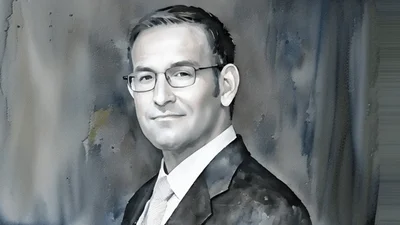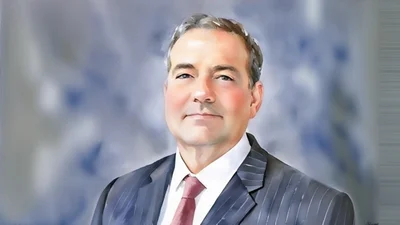Ukrainians are wondering whether the U.S. will allow them to take more offensive action against Russia to force Moscow to the negotiating table. Entrepreneur and worship leader Diyana Gabyak believes Christians should help lead efforts to defend and save Ukraine.
Gabyak views the Russian war on Ukraine as a spiritual struggle that targets pastors and worship leaders. She cites a Kyiv friend who lost two homes—one seized in Melitopol, one destroyed by a missile—yet “goes to church and starts praising the Lord.” That resilience shapes her own stance. “When you have it inside of you, something keeps moving you forward,” she says.
The full-scale invasion shocked but did not surprise her family. “We were preparing for that war for two months,” she says. Her husband, whose father and brothers were imprisoned by the Russians for their faith, warned early that it would bring terror to civilians. Gabyak calls Ukraine “the Bible belt of Europe” and sees the conflict as an assault on Christianity and free nations.
Gabyak moved to Cleveland at age 12 with her parents, who worked multiple jobs without government assistance. She and her siblings helped clean libraries and restaurants at night. “I always know the importance of work,” she says.
Raised in an eastern Ukrainian city, she grew up speaking Russian, then learned Ukrainian in Cleveland’s diaspora community and embraced both as part of her identity. “God gives me the opportunity to be born in Ukraine but immigrate to the United States and continue my life here,” she says.
Gabyak and her Ukrainian-born husband met at Slavic Full Gospel Church in Cleveland, married 21 years ago, and raised five children in a bilingual home. “My children understand they are American with a Ukrainian descent,” she says. Their church community includes Ukrainians, Belarusians, Russians, Moldovans, and Poles. “We try to balance that in church,” she says. “Most of the time it is Ukrainian, but some preach and sing in Russian.”
Her advocacy bridges communities she believes often misunderstand each other. “My mission is to advocate in the Ukrainian community for America, but yet in the American community for Ukraine,” she says. She identifies with a conservative, Republican position on policy and argues for principled U.S. leadership without sending American troops. “We are walking a very thin line,” she says, praising a strategy that supports Ukraine while safeguarding U.S. interests.
That bridge-building culminates in Ukrainian Week 2026, a Feb. 2–7 gathering at the Washington Hilton with business, veterans, women’s, pastoral, and youth forums. The aim, she says, is to connect Ukrainians and Americans “to not only advocate for Ukraine and Ukrainian people, but advocate for Jesus.”








